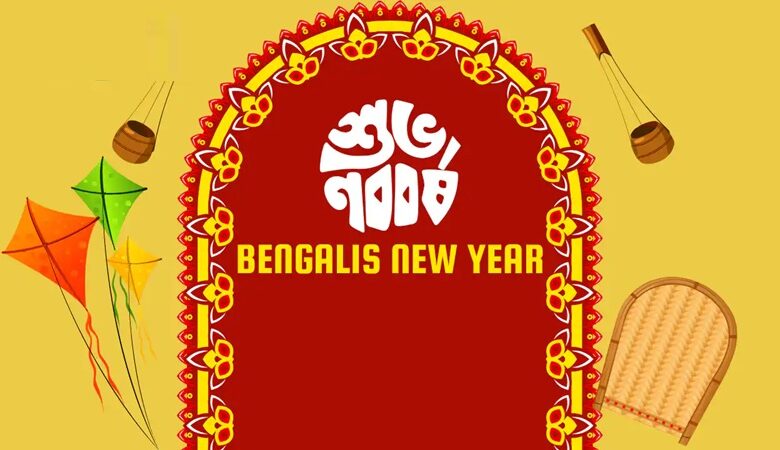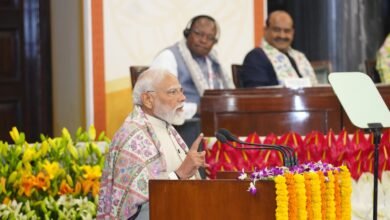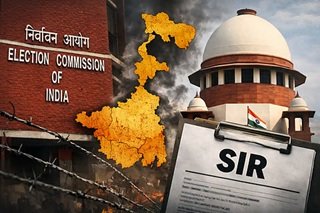The Bengali tale of new beginnings
News Mania Desk / Piyal Chatterjee / 15th April 2025

The Bengali New Year starts on ‘Pohela Boishakh’, which is also referred to as Poila Baisakh or Noboborsho. This lively festival, occurring on the first day of Boishakh in the Bengali solar calendar, is prominently observed in Bangladesh and certain regions of Assam, West Bengal, and Tripura, India. For Bengali communities, it represents a new beginning and carries profound cultural and traditional importance.
This year, the widely celebrated Bengali New Year will be observed on Tuesday, April 15, as per the calendar. On Monday, April 14, at 3:30 am, the Sankranti event indicating the change will occur. It serves as a chance to be with loved ones, reflect on the past year, and seek blessings for success and joy in the year ahead.
The story behind the inception of Pahela Baishakh dates back to the Mughal period when emperor Akbar asked his royal astronomer Fathullah Shirazi to come with a new calendar for the Bengalis which will aid tax collection. The emperor wanted to time the collection of taxes at the time of harvest and hence took up this initiative. Some historians also attribute the Bangla calendar to the 7th-century king Shashanka. The term Bangabda which means the Bangla year has been found in century-old Shiva temples stating the festivities could be significantly old.
People worship Lord Ganesha and Goddess Lakshmi on this day and pray for a prosperous business. All debts and pending payments are cleared on this day before opening a new transaction record for the new year.
The month of Boishakh, known as the harvest season, signifies the start of the Bengali calendar. Therefore, the term Pohela Boishakh refers to the New Year. As per the calendar, King Shoshangko of ancient Bengal is recognized for initiating the Bengali era, which commenced around 594 CE in the Gregorian calendar.
Individuals pray for an abundant harvest on this fortunate day. When traders begin their new account records, or Haal Khaata, at the onset of the new financial year, it also holds considerable commercial importance. The Bengali New Year, also known as Pohela Boishakh, is marked by various vibrant festivities and events that bring local communities together. West Bengal and Bangladesh are famous for their lively parades and cultural exhibitions, featuring participants engaging in traditional dances such as Rabindra Sangeet or baul.






